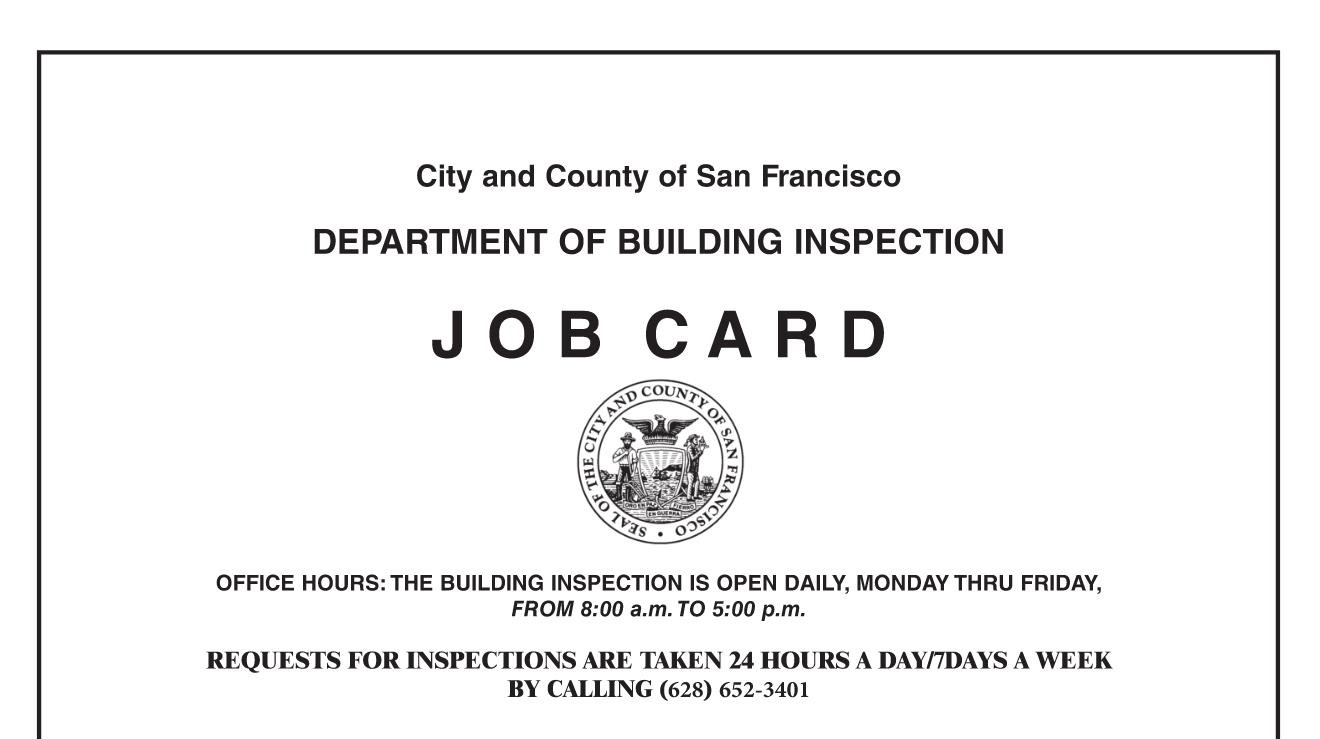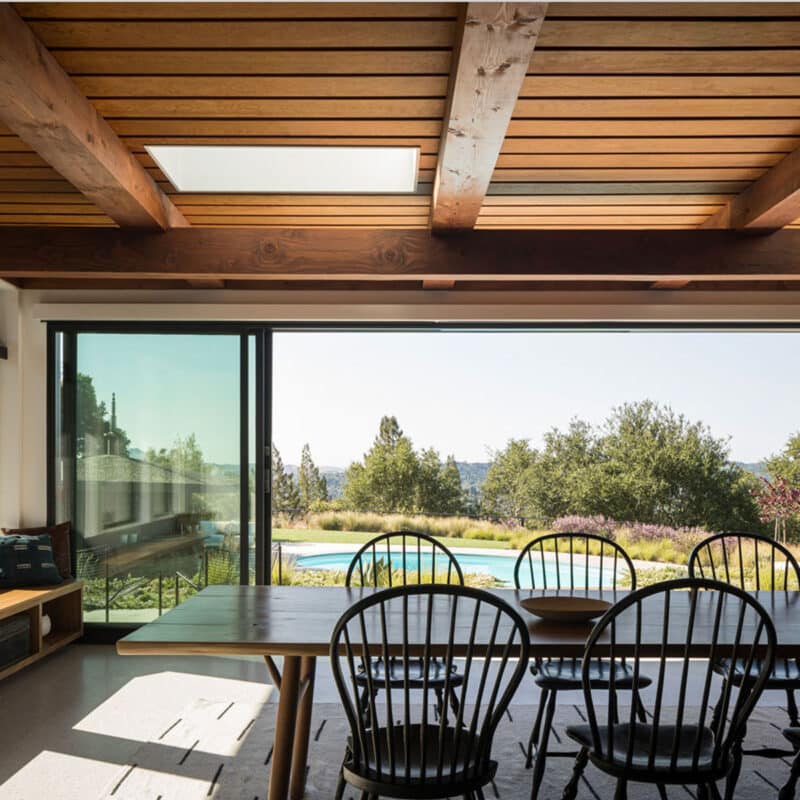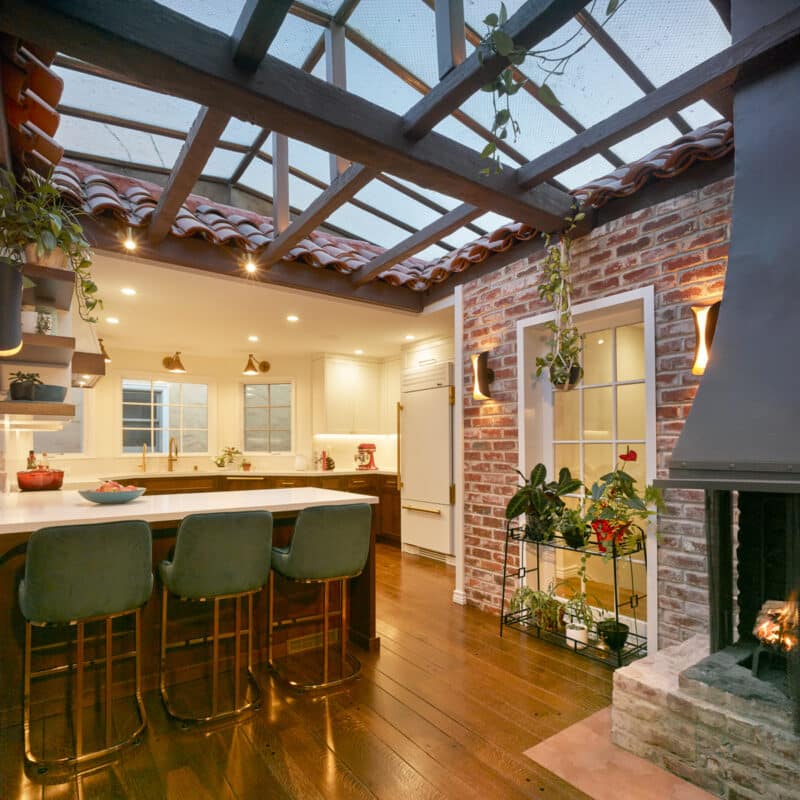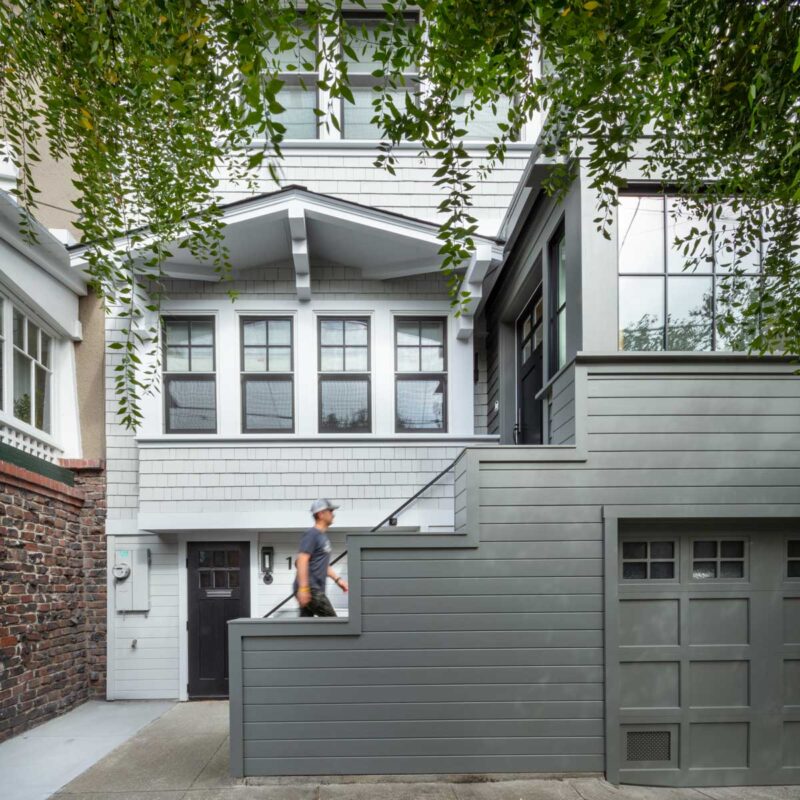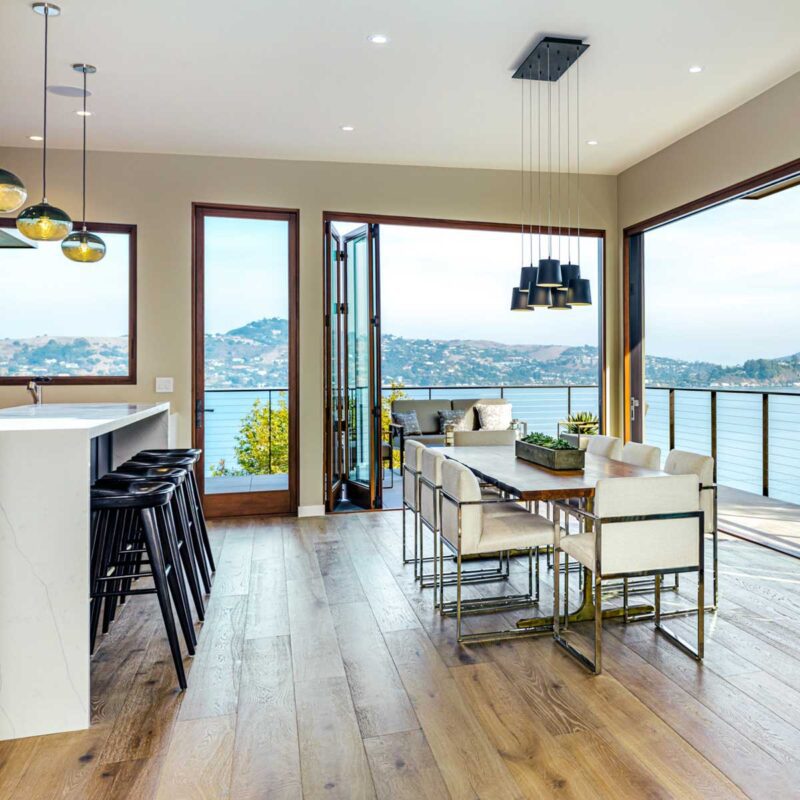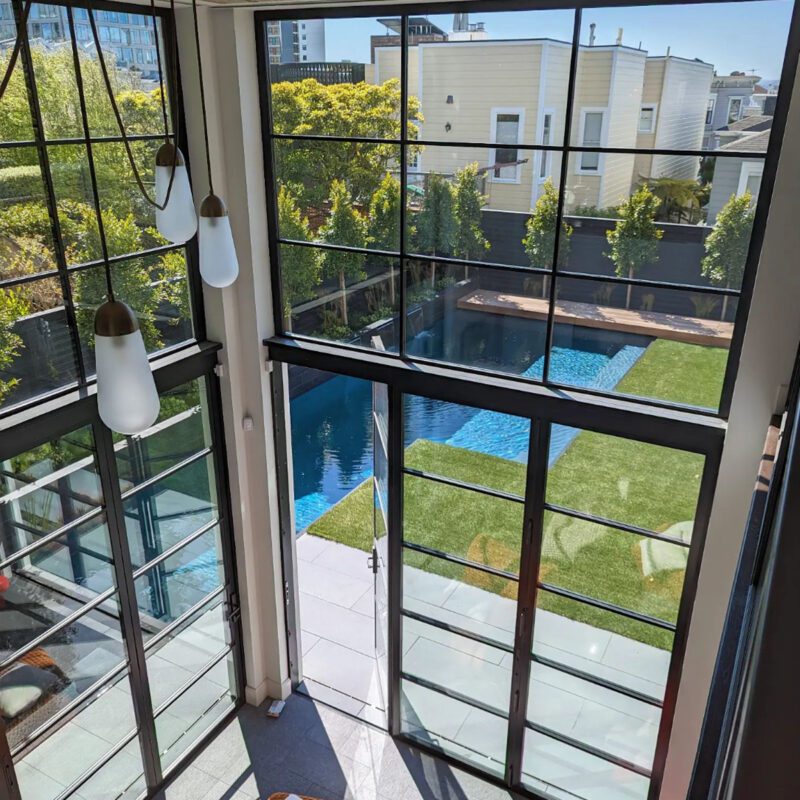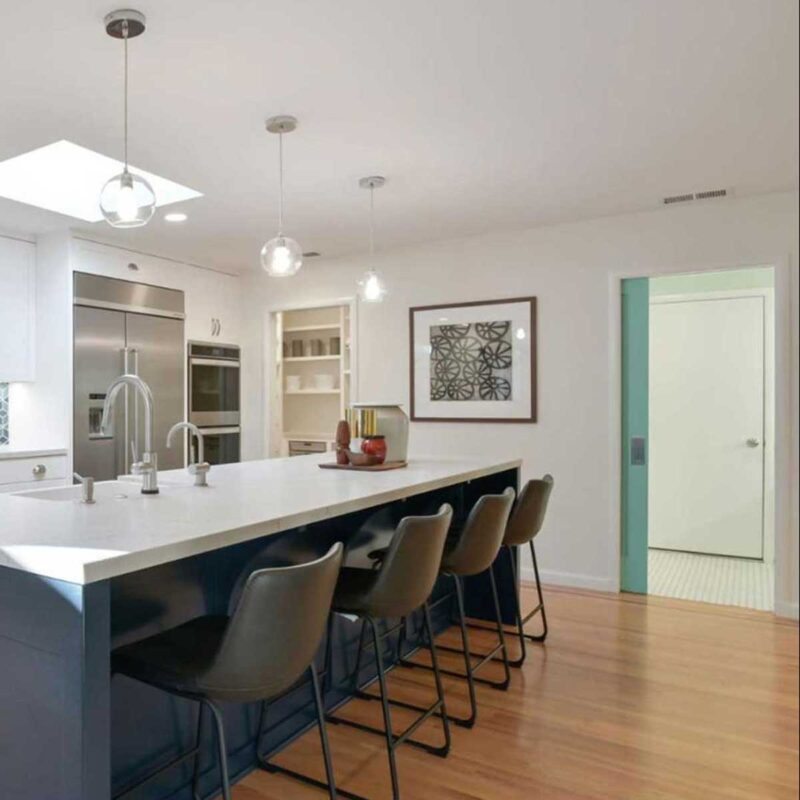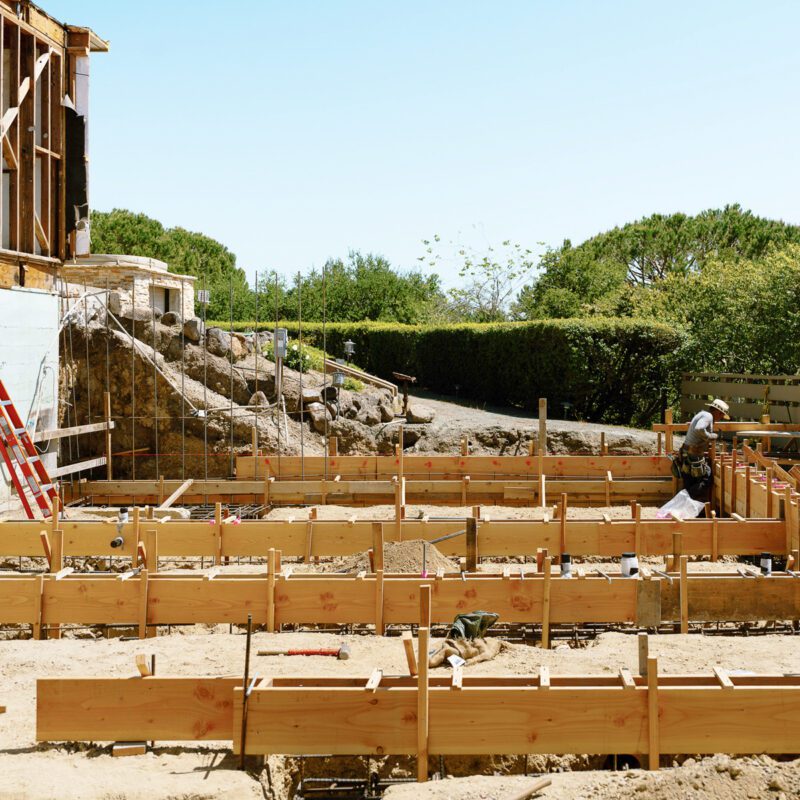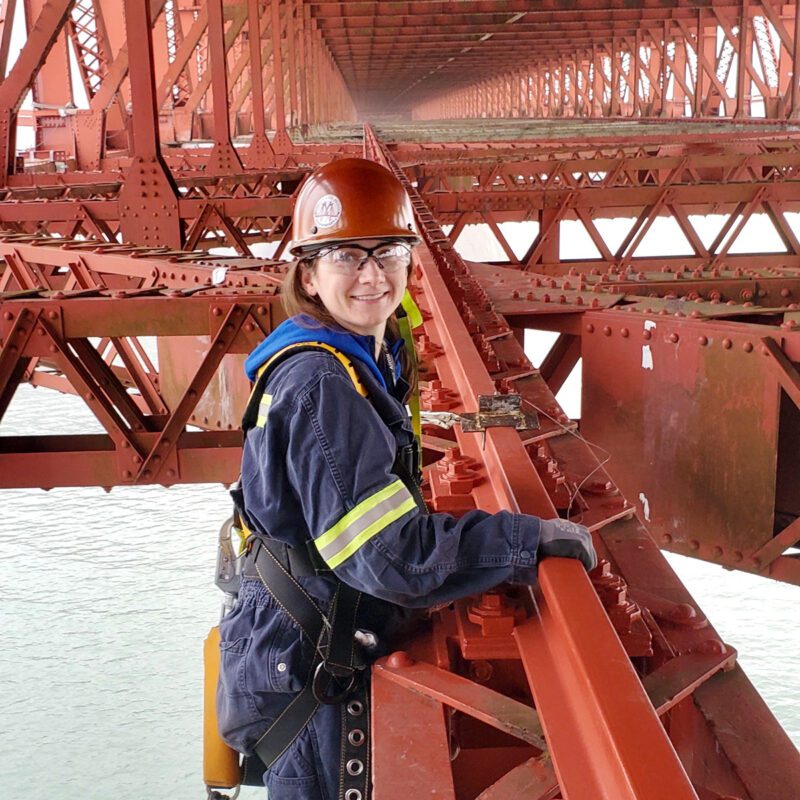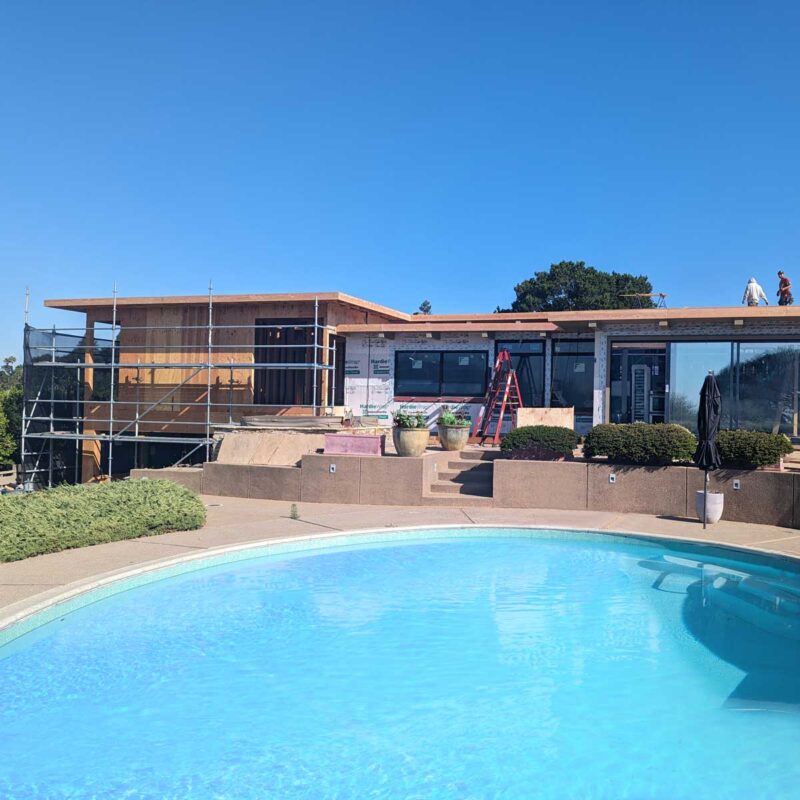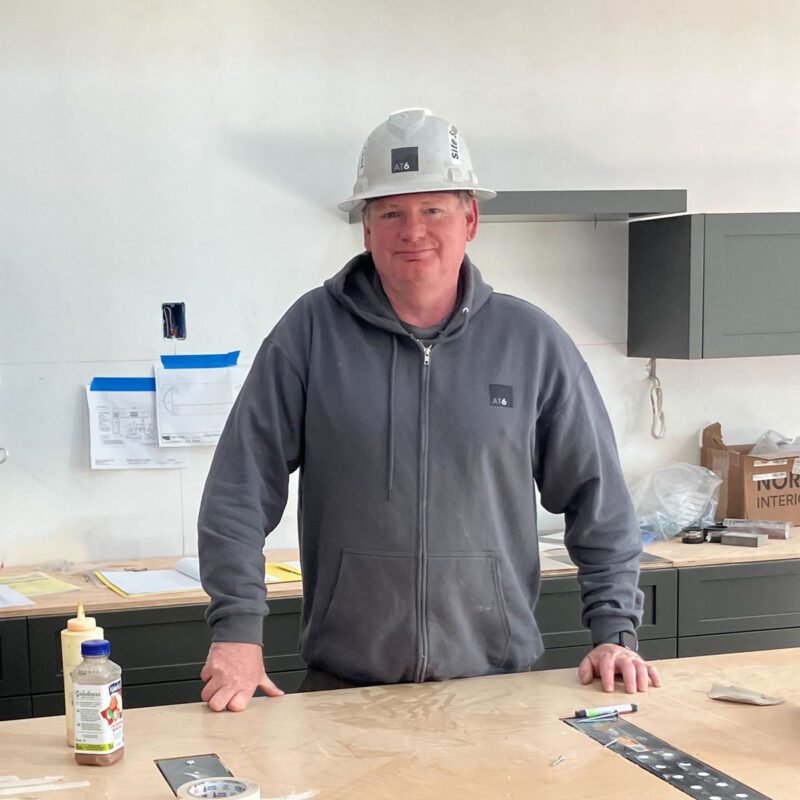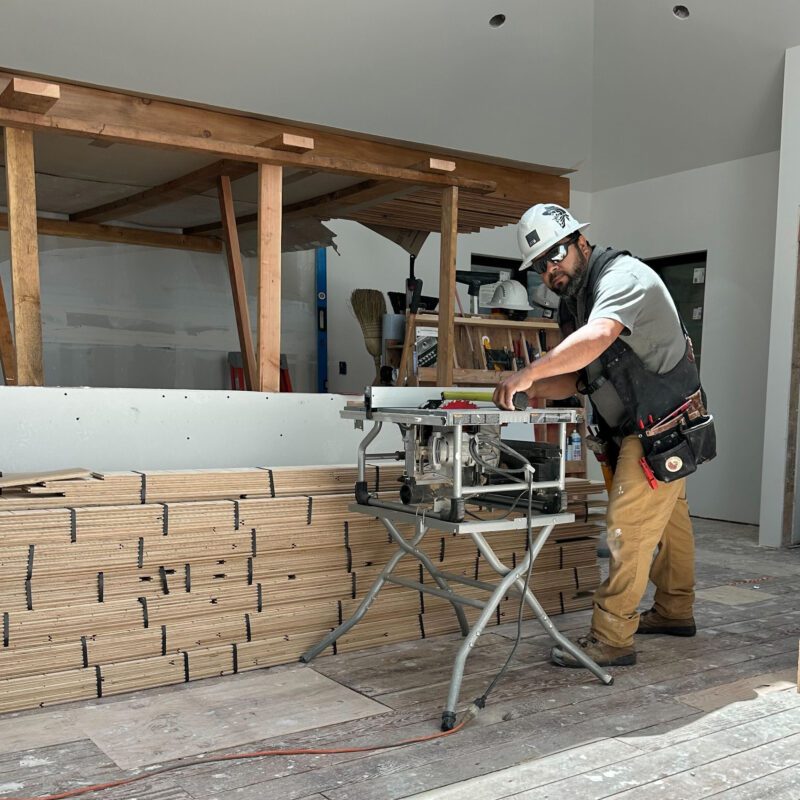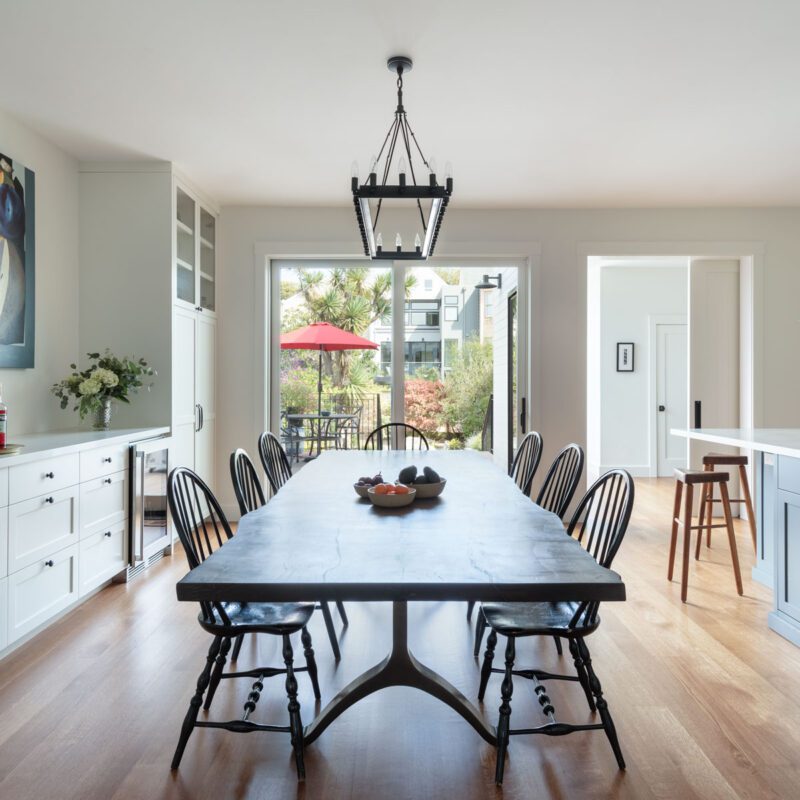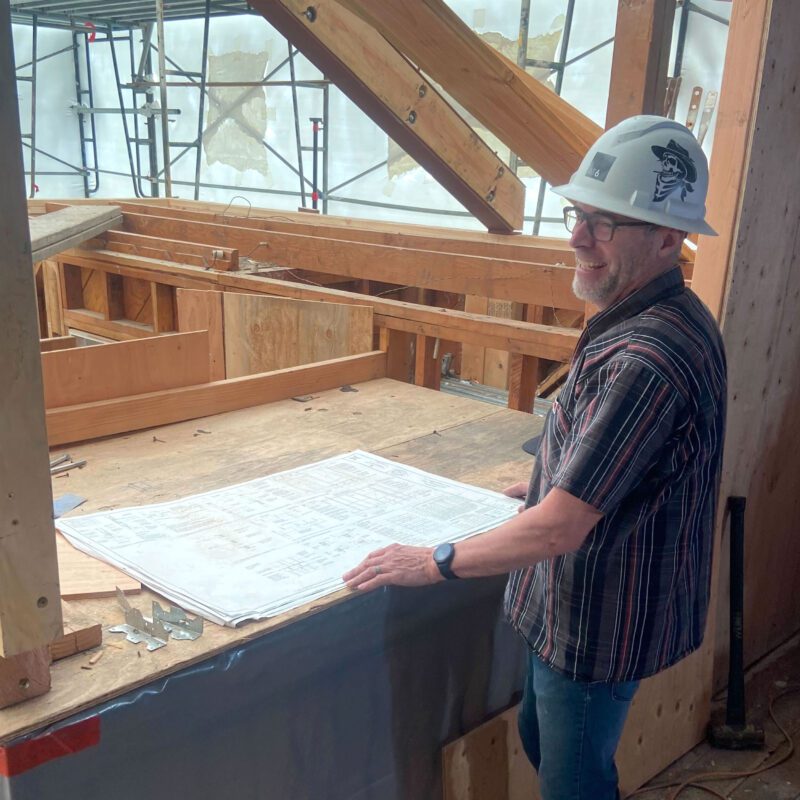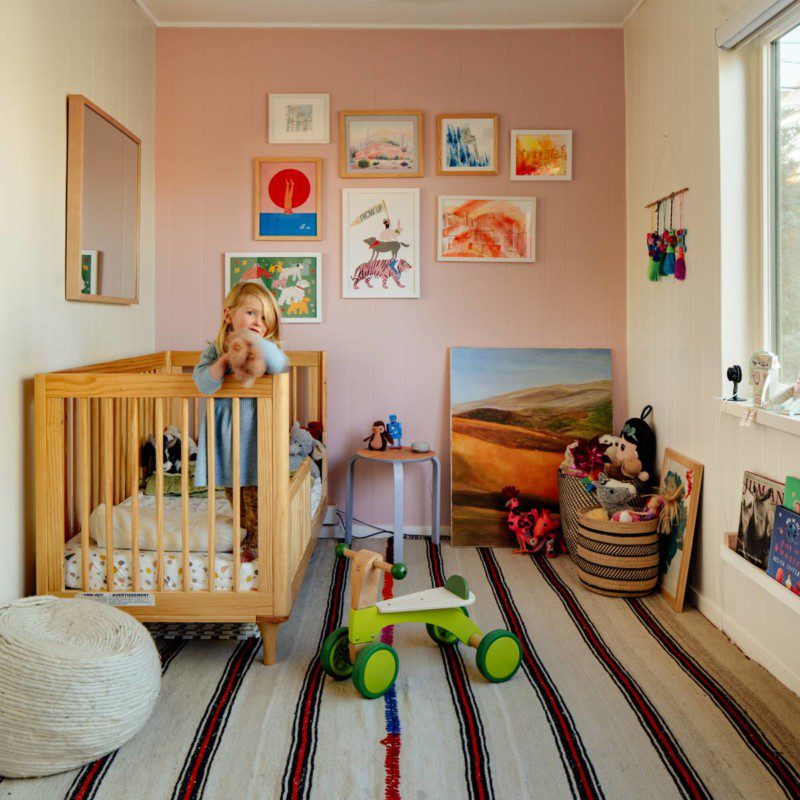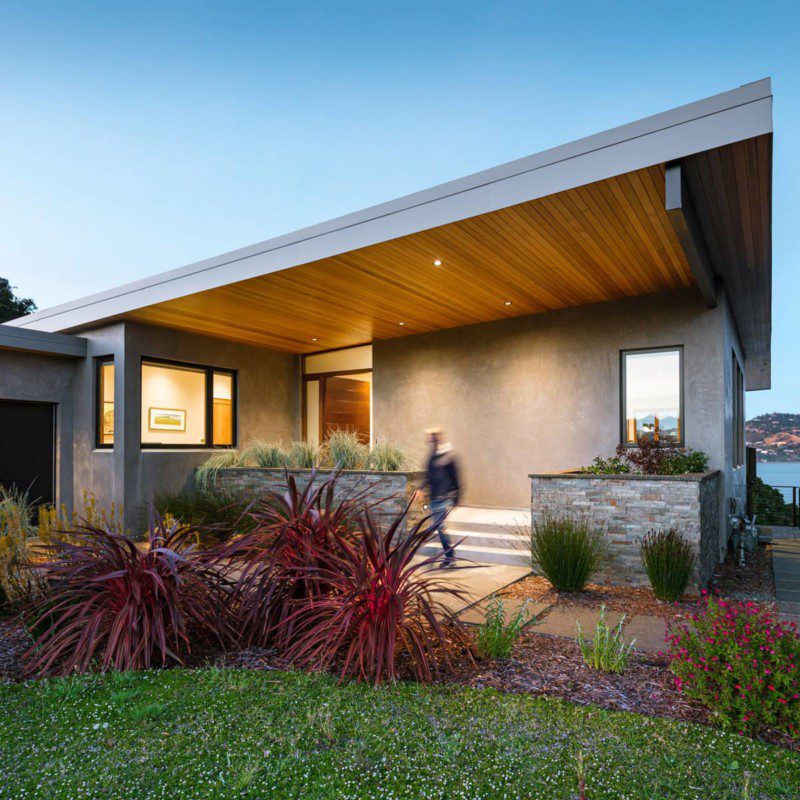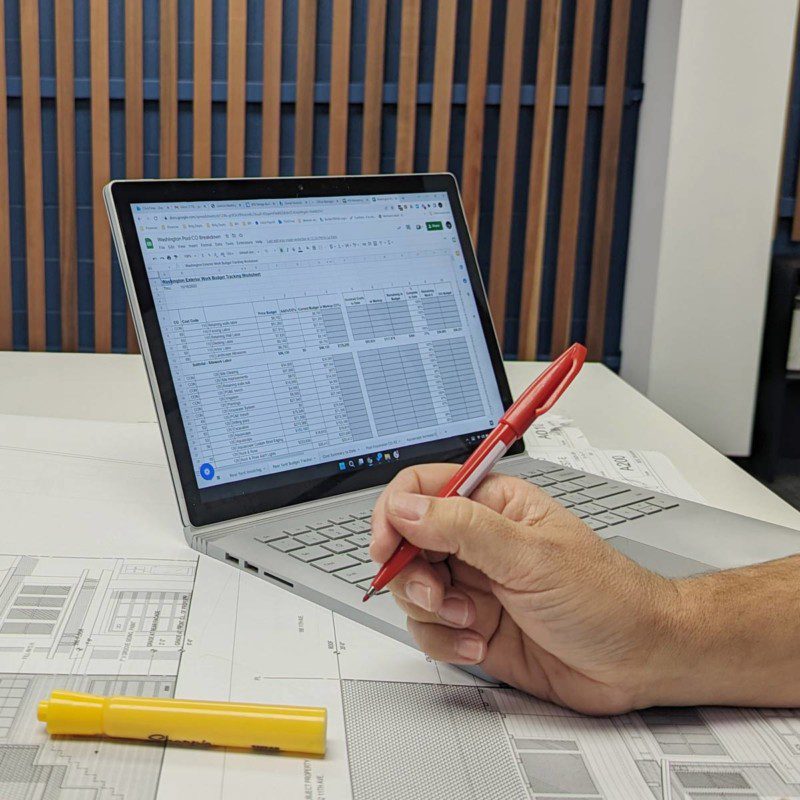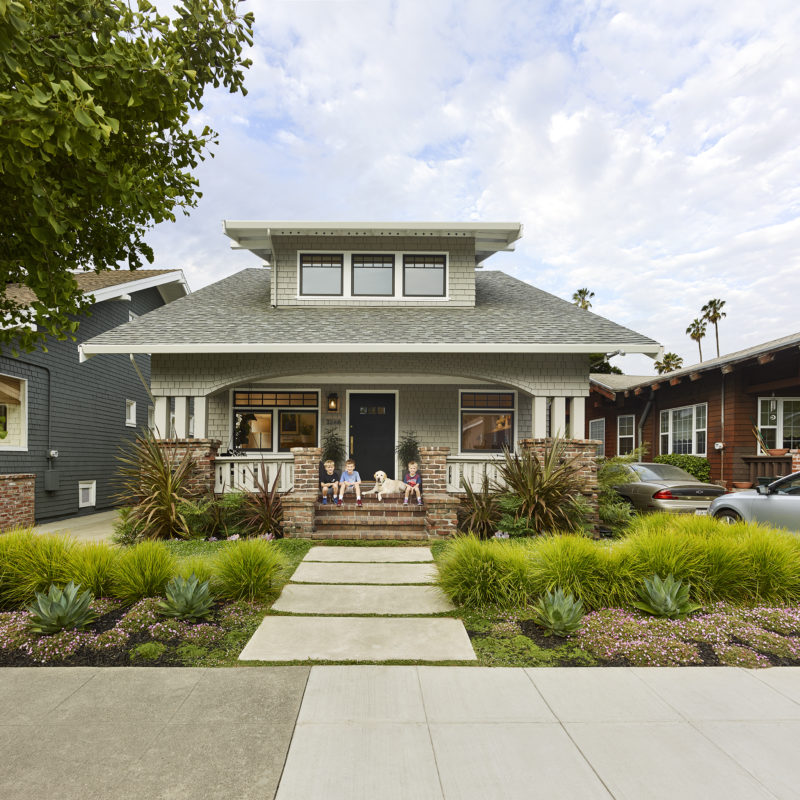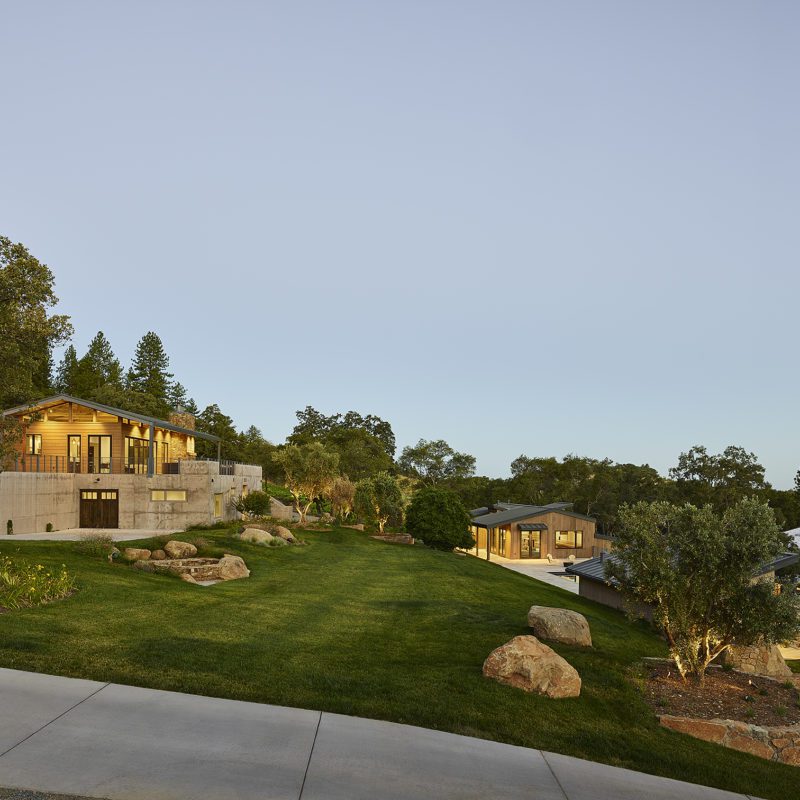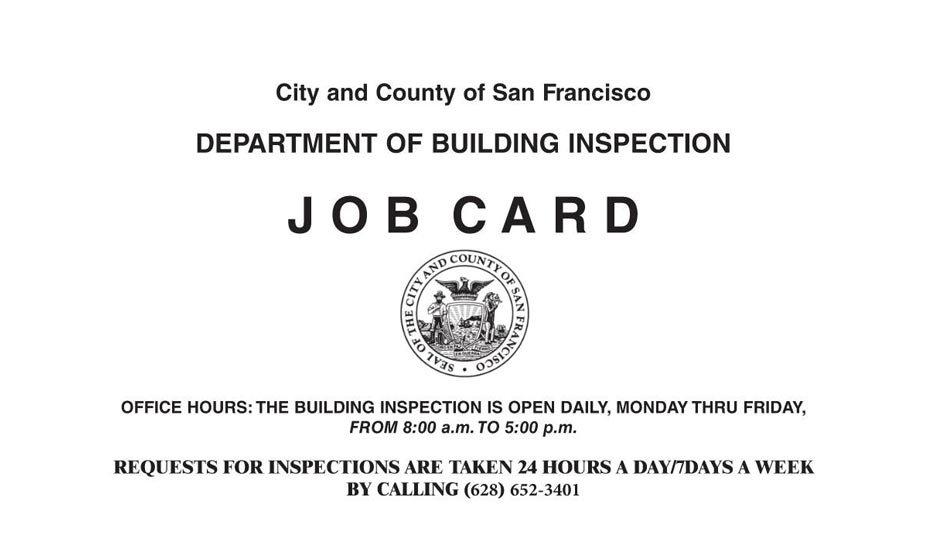
Why Do We Need a Permit?
We always work with permits and believe they are important, but occasionally we have clients ask why they need one. It’s a fair question. Despite their reputation, permits are not designed merely to cost you time and money. Permits are about protecting the health, safety, and welfare of you, your family, guests, and future owners.
How It’s Set Up
Community development departments are usually broken up into a Planning or Zoning Department and a Building Department.
The Planning Department:
- Determines whether a proposed project fits within the community’s general plan—issues such as density, parking, and which building uses are allowed in which areas of the community.
- Planning also focuses on some of the aesthetics of residential development—the size of your house compared to your neighbors’, or how it fits into the neighborhood.
- Some municipalities even have design review boards to ensure the look and feel of the project fits into the community standards.
The Building Department:
- Oversees the health, safety and welfare of the community.
- Where the Planning Department is concerned with how many living units you have on a property, the Building Department is concerned, for instance, that each of your living units has a way to get out quickly in a fire.
- The building code is standard across the state.
- Localities can be more restrictive than the state in their codes, but not less. There are no variances or changes possible, unlike with planning codes.
Other Parties Might Get Involved
While those two departments are the primary ones you will have to deal with, different municipalities have others that might get involved—the Fire Department, Public Works, and the Coastal Commission, for example. These authorities having jurisdiction (AHJ’s in the lingo) can all be part of the permitting process, depending on your location.
The Benefits of a Permit
- Permits are designed to benefit the current and future homeowners of a project. While they do cost money and can take time to get, they are a legal requirement with repercussions if they are not used. For example, if you get caught working without a permit, you can face major financial penalties—in San Francisco, up to nine times what the permit fee would be—as well as the possibility of a moratorium on construction.
- But it’s not all punitive. There are significant benefits to having a permit, including protecting you during the construction process. I recommend working with a licensed contractor and making sure the contractor is the one who is listed on the permit, as that documentation can help if there are ever issues with contractor non-performance. While we Americans have a do-it-yourself mentality that can serve us well, pulling an owner-builder permit sets up a risk that you don’t need to take on. It’s a bit like representing yourself in court—it could work, but the process won’t be as smooth and if it doesn’t work, it could turn out pretty badly.
- With a permit, building departments will send an inspector at major milestones during construction, ensuring that the contractor is doing good work and that you won’t get into trouble down the line. And while you might not be thinking this far ahead when you are focused on your project, permits help with the resale value of your home, because every time you sell a house, the agents will pull a permit history. Any questions during that transaction risk lowering the value of your home. Being able to produce documentation that the work was done to code can potentially get you a better home insurance rate, as well.
In Conclusion
There may be a few tiny benefits to building without a permit, but the problems can be catastrophic if things go wrong. The cost for getting a permit can vary—they are usually around 3 – 5% of the construction cost, but can run up to 8 – 10% for some smaller projects. Permits can be obtained the same day or take over a year, depending on the municipality and the extent of the work. Be sure to ask your architect when you are interviewing them what they think the timing will be on your project. Even though it takes time and money, getting a permit for any construction project that requires one should always be viewed as a non-negotiable part of the process.
